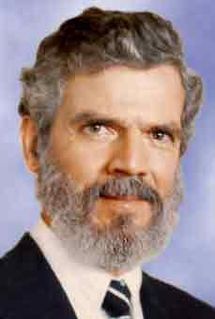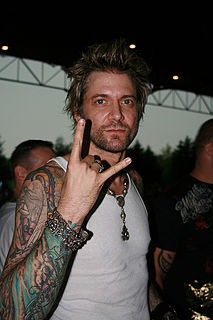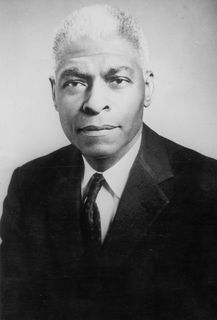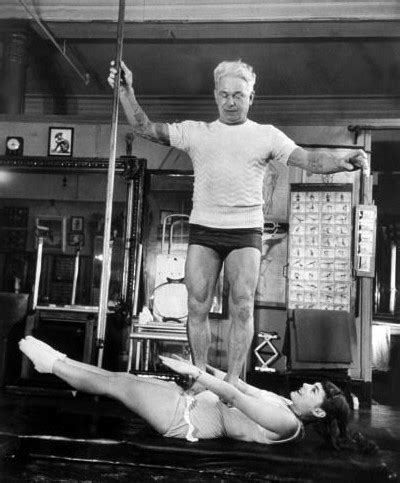A Quote by Robert Grudin
The limitation in our ability to perceive broad distinctions in scope can be applied to our moral and temporal responses.... We agonize over a dinner menu, or have engine trouble on the way to work; and for seconds or minutes our cosmos shrinks to a miniscule volume of being, an epic of cheese sauces or tragedy of fanbelts.
Related Quotes
I love the good old book with glue and binding, I really do, but that is just one way of experiencing text, and suddenly we have so many new ways, including our laptops, our phones, our watches. People in my generation agonize over this. People much younger than me don't agonize at all. They just go ahead and find ways to transform publishing.
Our knowledge and our ability to handle our problems progress through the open conflict of ideas, through the tests of phenomenological adequacy, inner consistency, and practical-moral consequences. Reason may err, but it can be moral. If we must err, let it be on the side of our creativity, our freedom, our betterment.
Our life is made up of time; our days are measured in hours, our pay measured by those hours, our knowledge is measured by years. We grab a few quick minutes in our busy day to have a coffee break. We rush back to our desks, we watch the clock, we live by appointments. And yet your time eventually runs out and you wonder in your heart of hearts if those seconds, minutes, hours, days, weeks, months, years and decades were being spent the best way they possibly could. In other words, if you could change anything, would you?
If the estimated age of the cosmos were shortened to seventy-two years, a human life would take about ten seconds. But look at time the other way. Each day is a minor eternity of over 86,000 seconds. During each second, the number of distinct molecular functions going on within the human body is comparable to the number of seconds in the estimated age of the cosmos. A few seconds are long enough for a revolutionary idea, a startling communication, a baby's conception, a wounding insult, a sudden death. Depending on how we think of them, our lives can be infinitely long or infinitely short.
We've sweated and torn out our hair trying to reconstruct our chosen lives, to fashion them like literary sculptures, at once monumental and yet human. We've applied all of our intelligence, our empathy, our critical faculties, our compassion - and we think, in our delusion, that it's still 1960, and our work is going to get noticed.
We don't want to give the controls to someone else; we want those reins ourselves. We want to get our way. And we get upset when things don't work out. . . . When we try to control someone else or events beyond the scope of our power, we lose. When we learn to discern the difference between what we can change and what we can't, we usually have an easier time expressing our power in our lives. Because we're not wasting all our energy using our power to change things we can't, we have a lot of energy left over to live our lives.
Most birds were created to fly. Being grounded for them is a limitation within their ability to fly, not the other way around. You, on the other hand, were created to be loved. So for you to live as if you were unloved is a limitation, not the other way around. Living unloved is like clipping a bird’s wings and removing its ability to fly. Not something I want for you. Pain has a way of clipping our wings and keeping us from being able to fly. And if left unresolved for very long, you can almost forget that you were ever created to fly in the first place.
As a source of innovation, an engine of our economy, and a forum for our political discourse, the Internet can only work if it's a truly level playing field. Small businesses should have the same ability to reach customers as powerful corporations. A blogger should have the same ability to find an audience as a media conglomerate.





































